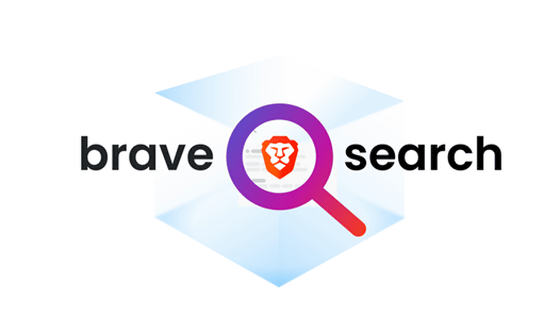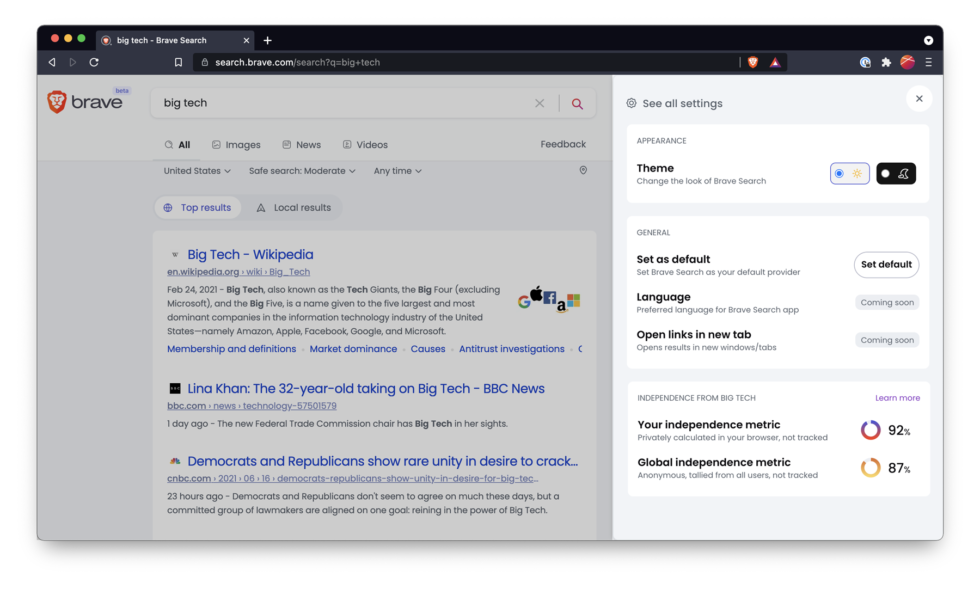
Brave, a Chromium-based web browser, is increasing the number of users by blocking harmful advertisements, introducing a structure that distributes profits to content providers, and protecting personal information. The beta version of Brave Search, a proprietary search engine provided by Brave, is now available for Brave and other browsers.
Brave is introducing a structure that distributes revenue to content providers while blocking harmful advertisements. In addition to blocking unnecessary downloads related to advertisements and speeding up website display, Brave is also focusing on protecting user privacy. The number of Brave users is steadily increasing, and as of June 2020, the number of monthly active users exceeded 15 million and now has reached 32 million.
Brave acquired Tailcat, an open source search engine, in March 2021. Noting that the search engine market is dominated by big tech, Brave announced that it would provide its own search engine, Brave Search, to replace it.

On June 22, Brave announced on its official blog that the beta version of Brave Search is now available in multiple browsers, saying that starting today online users will have a new reader search option that provides unparalleled privacy. Brave Search is becoming one of the search options on par with other search engines in the desktop version and Brave for iOS and Android, and will become Brave’s default search engine in the second half of 2021.
BraveSearch says it uses a community-based search ranking model, with an independent search index that doesn’t do user tracking and profiling, doesn’t depend on other providers. Brave co-founder and CEO Brendan Eich said Brave Search is the industry’s most private and only independent search engine, and will give users control and confidence looking for big tech alternatives.
You don’t have to use Brave to use Brave Search, you can try it on their website. Currently, no ads appear on the search results screen, but in the future, it will offer two options: ad-free paid search and ad-supported free search.
Brave Search responds to queries using unique indexes, but in areas where search results are not sufficiently relevant, such as some queries or image searches, Microsoft Bing says that results can be obtained through API. While this doesn’t affect user tracking, Brave admits that it lowers the independence metric. Brave Search will overcome the problem of polluting search results and will add monthly query statistics to the Brave Transparency page in the future. Related information can be found here.


















Add comment